
…..Africa’s leading Postgraduate Qualification for Agrifood Professionals


In a world where food systems are under unprecedented pressure, from climate volatility and population growth to geopolitical shocks and digital disruption, the imperative to lead agribusiness differently has never been greater.
The MBA in International Agribusiness and Food Chain Management is Africa’s flagship graduate business program tailored for the modern agrifood leader. Since its inception in 2020, the program has become the gold standard for ambitious professionals who seek to drive innovation, sustainability, and global competitiveness across agricultural and food value chains.
Designed for both emerging and experienced leaders, this MBA offers a rare synthesis of systems thinking, strategic management, global trade intelligence, digital transformation, and sustainable agribusiness leadership. Through a multidisciplinary lens, students are immersed in the full scope of the agrifood ecosystem, spanning production, logistics, trade, finance, market systems, and environmental strategy.
Participants engage with contemporary debates and cutting-edge practice in value chain optimization, ESG integration, data-driven supply chain management, and food security governance.






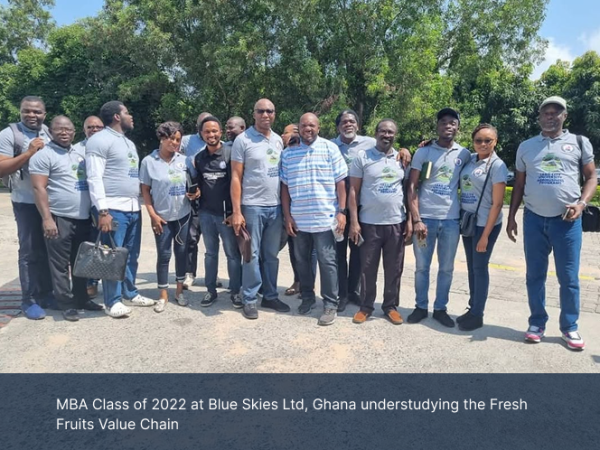
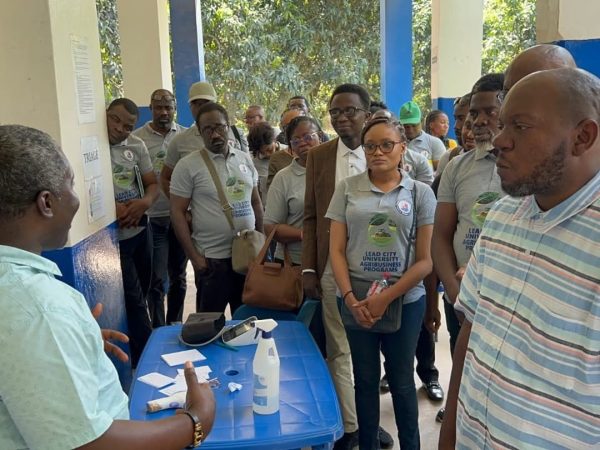
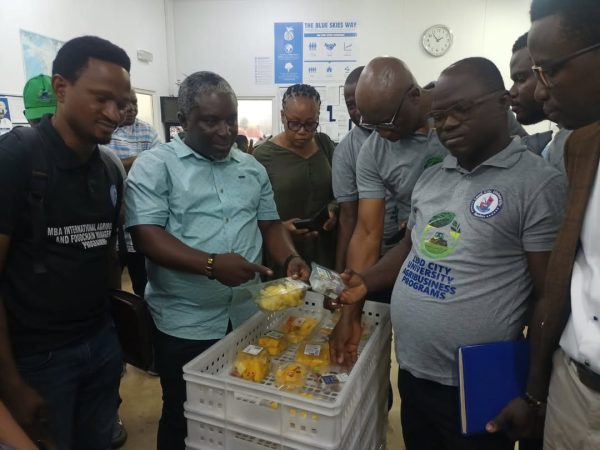

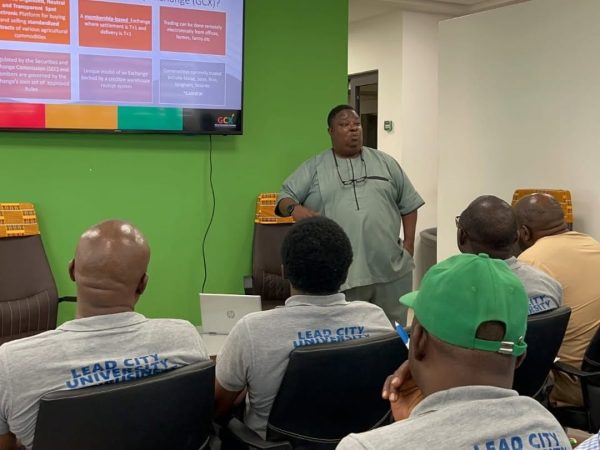

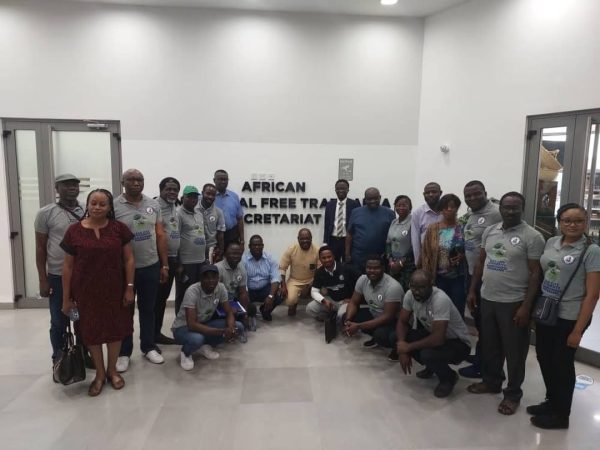

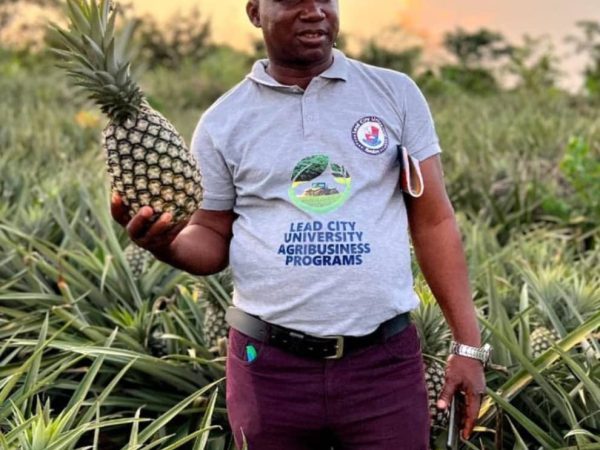
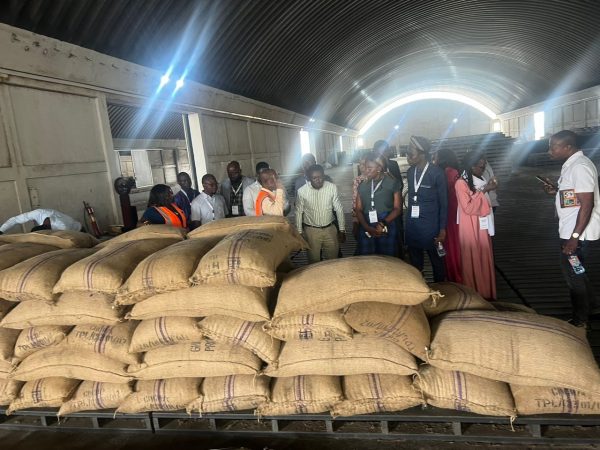
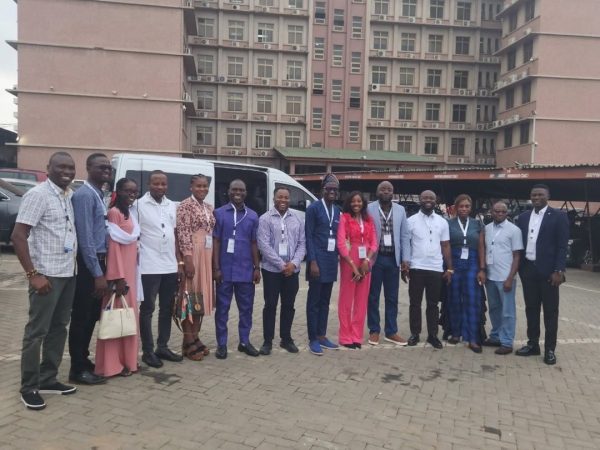
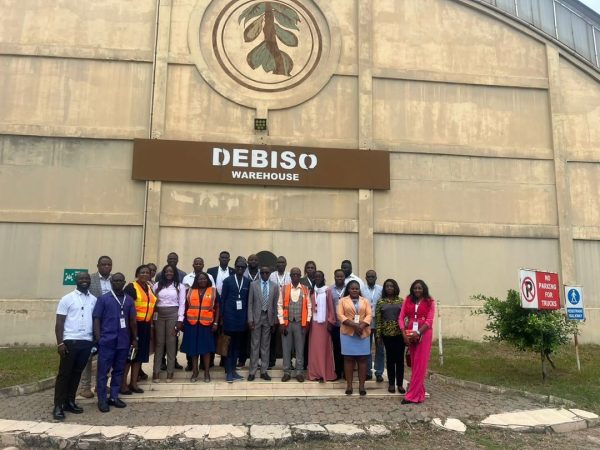
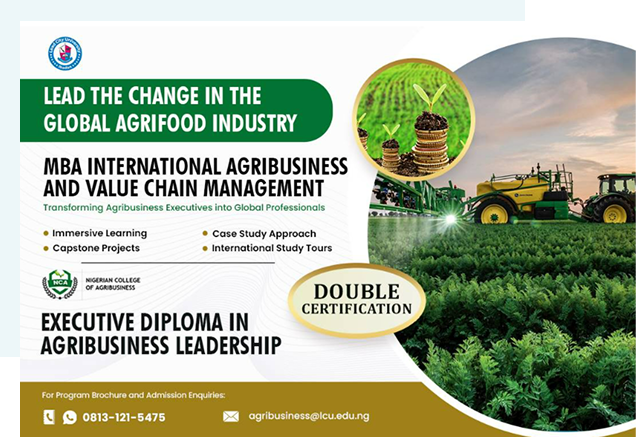



Studying the MBA International Agribusiness and Food Chain Management program was a wonderful experience for me as I do not have a prior background in Agriculture. I was exposed to various business models that can help in scaling up performance in the agribusiness industry. My best courses on the program were Technological Disruption in Agribusiness and Agribusiness Risk Management


I thoroughly enjoyed my studentship on the MBA International Agribusiness and Food Chain Management program of Lead City University Ibadan. Sharing insights with classmates, lecturers and industry leaders on the program on the best way to approach contemporary agribusiness management strategy mix were the major highlights for me. I enjoyed Research Methodology and Agrifood Supply Chain Management. They were my best courses on the program.




Our mission is to cultivate a vibrant, sustainable and profitable agribusiness sector that drives economic growth and social progress across Africa and beyond.
We are committed towards educating a new generation of agribusiness sector leaders that will transform the economic fortunes of the African continent
© NCAEDU 2023 All Rights Reserved.